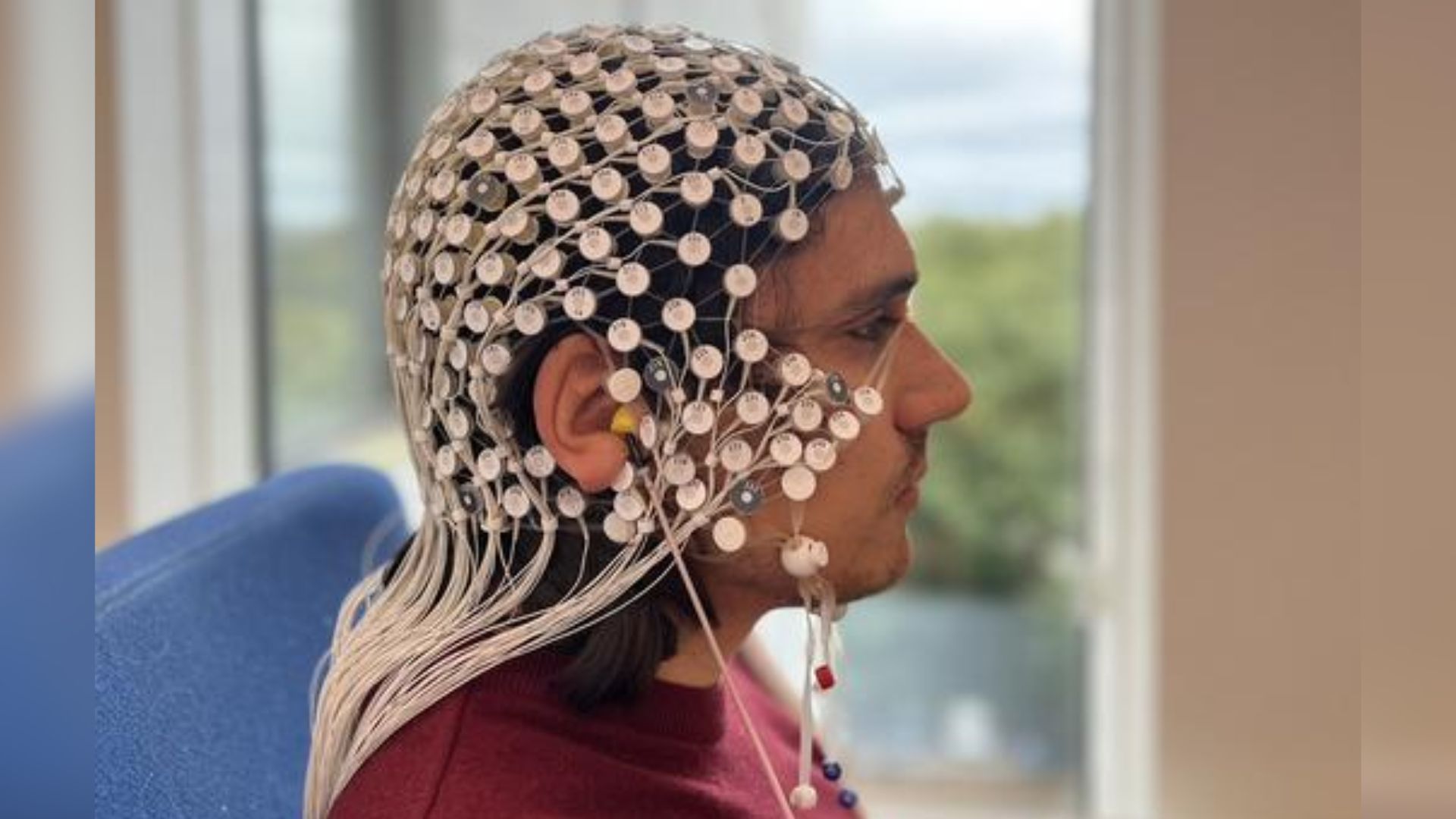Health
Researchers Unveil Brain Test to Predict Sexual Side Effects of Antidepressants

A team of researchers from Copenhagen has developed a brain test that could potentially predict sexual side effects in patients taking selective serotonin reuptake inhibitors (SSRIs) for depression. This significant finding, presented at the European College of Neuropsychopharmacology (ECNP) conference in Amsterdam, may pave the way for more personalized treatment options, allowing patients to select medications that reduce the risk of sexual complications.
Sexual dysfunction is a common concern among individuals with depression, and it can be exacerbated by antidepressant treatment. SSRIs, including well-known medications such as Prozac and escitalopram, are frequently prescribed due to their effectiveness in alleviating depressive symptoms. However, studies indicate that as many as 70% of users experience sexual side effects, which can range from diminished sexual desire to erectile difficulties and challenges achieving orgasm.
Until now, healthcare providers lacked a reliable method to predict which patients might be most vulnerable to these side effects. The researchers in Copenhagen focused on measuring serotonin activity in the brain as a potential indicator. They examined 90 patients diagnosed with depression to assess whether serotonin levels prior to treatment could forecast sexual side effects associated with SSRIs.
The study utilized an innovative EEG-based technique known as Loudness Dependence of Auditory Evoked Potentials (LDAEP). This method, which involves measuring how the brain processes sound, surprisingly correlates with serotonin activity; a lower LDAEP score indicates higher serotonin levels. Prior to commencing an eight-week course of SSRI medication, patients underwent the LDAEP test. Researchers subsequently monitored sexual side effects throughout the treatment period.
Dr. Kristian Jensen, the lead researcher from Copenhagen University Hospital, found the results compelling. “We discovered that individuals with higher serotonin activity before treatment were significantly more likely to experience sexual side effects by the conclusion of the eight-week antidepressant course, particularly difficulty reaching orgasm,” Jensen stated. When combining the LDAEP data with each patient’s reported sexual symptoms related to depression, the researchers achieved an impressive 87% accuracy in predicting the likelihood of orgasm difficulties.
“Currently, patients only discover sexual side effects after they have already started antidepressant medication,” Jensen explained in a press release. “By measuring serotonin activity through the LDAEP test at the outset of antidepressant therapy, we can better predict the probability of subsequent sexual issues.”
The research team aims to enhance clinical decision-making regarding antidepressant prescriptions. With this approach, healthcare professionals could help patients maintain or restore an active sex life during their treatment. Jensen highlighted that these findings are specific to medication-induced sexual dysfunction, not general sexual health issues. He also mentioned that a larger follow-up study involving 600 patients is already in progress, which will include hormone level assessments to further refine the results.
This discovery represents a significant advancement in the movement toward personalized mental health care. Professor Eric Ruhe, a psychiatrist at Radboud University Medical Center in the Netherlands who was not involved in the study, described it as “a very interesting study where the researchers innovatively use an easy-to-administer test to predict the chance of sexual dysfunction after the start of antidepressants.”
Ruhe emphasized the potential of such a test to assist clinicians in identifying patients less likely to experience sexual side effects, thereby alleviating concerns for those hesitant to initiate SSRI treatment. “The most critical clinical application will be predicting that sexual dysfunction will not occur,” he noted. He also encouraged further research to develop a tool to assist in selecting the most appropriate antidepressant, rather than relying solely on existing pharmacological knowledge.
The LDAEP test itself is straightforward and non-invasive. “The LDAEP is quite elegant,” Jensen remarked. “We play sounds at varying volumes through headphones while measuring brain waves. The procedure takes about 30 minutes and is non-invasive.” Although not yet widely available, Jensen indicated that this could change if the test meets expectations.
The study, which is currently under peer review, hints at a new direction in depression treatment—one that seeks to balance emotional well-being with sexual health. If verified, this research could provide healthcare providers with a crucial tool for selecting antidepressants that support both mental stability and quality of life.
-

 Technology4 months ago
Technology4 months agoDiscover the Top 10 Calorie Counting Apps of 2025
-

 Health2 months ago
Health2 months agoBella Hadid Shares Health Update After Treatment for Lyme Disease
-

 Health3 months ago
Health3 months agoErin Bates Shares Recovery Update Following Sepsis Complications
-

 Technology3 weeks ago
Technology3 weeks agoDiscover 2025’s Top GPUs for Exceptional 4K Gaming Performance
-

 Technology2 months ago
Technology2 months agoElectric Moto Influencer Surronster Arrested in Tijuana
-

 Technology4 months ago
Technology4 months agoDiscover How to Reverse Image Search Using ChatGPT Effortlessly
-

 Technology4 months ago
Technology4 months agoMeta Initiates $60B AI Data Center Expansion, Starting in Ohio
-

 Technology4 months ago
Technology4 months agoRecovering a Suspended TikTok Account: A Step-by-Step Guide
-

 Health4 months ago
Health4 months agoTested: Rab Firewall Mountain Jacket Survives Harsh Conditions
-

 Lifestyle4 months ago
Lifestyle4 months agoBelton Family Reunites After Daughter Survives Hill Country Floods
-

 Technology3 months ago
Technology3 months agoUncovering the Top Five Most Challenging Motorcycles to Ride
-

 Technology4 weeks ago
Technology4 weeks agoDiscover the Best Wireless Earbuds for Every Lifestyle





















